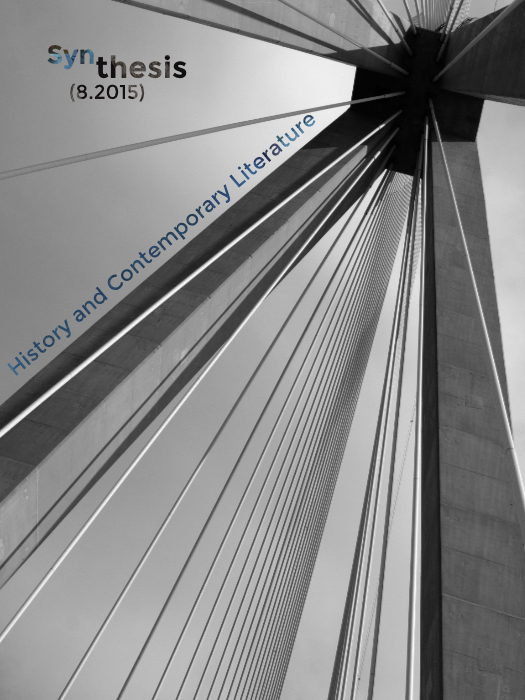Amitav Ghosh and the Uses of Subaltern History

Abstract
The interface between history and fiction has been an area of rich potential for the postcolonial novelist in South Asia and this is evident in the practice of many novelists from the region who have used historical material as backdrop but have also used fiction to comment on recent events in their countries. In this paper I examine the work of Amitav Ghosh as offering a fictional method that has evolved out of his immersion in subaltern historical practice and one that successfully bridges the gap between these two genres. I show this through his deployment of historical material in the three novels, The Shadow Lines (1988), The Glass Palace (2000) and The Hungry Tide (2004), where Ghosh is not simply ‘using’ the subaltern method but pointing to the possibilities of reparation. Ghosh adopts a complex inversion of the subaltern method that involves two processes: one, the selection of small, neglected events from the national story in a concession to subaltern practice –the little narrative against the grand; and two, the neglect by the narrative of some aspect of these stories. He does this by choosing his historical area carefully, keeping some part of it silent and invisible and then meditating on silence as it is revealed as a fictional and historical necessity. I suggest that Ghosh, by retrieving and giving place/voice to the historically repressed event in the fiction, achieves a swerve from simply ‘righting the record’ and releases the marginal as a referent in the present. Such fiction enters the realm of intervention in public discourse, or carries the potential, by introducing considerations that create public consciousness about historical injustices, successfully ‘using’ subaltern history.
Article Details
- Section
- Articles

This work is licensed under a Creative Commons Attribution 4.0 International License.
The copyright for articles in this journal is retained by the author(s), with first publication rights granted to the journal. By virtue of their appearance in this open access journal, articles are free to use with proper attribution. Synthesis retains the worldwide right to reproduce, display, distribute, and use published articles in all formats and media, either separately or as part of collective works for the full term of copyright. This includes but is not limited to the right to publish articles in an issue of the Journal, copy and distribute individual reprints of the articles, authorize reproduction of articles in their entirety, and authorize reproduction and distribution of articles or abstracts thereof by means of computerized retrieval systems.



